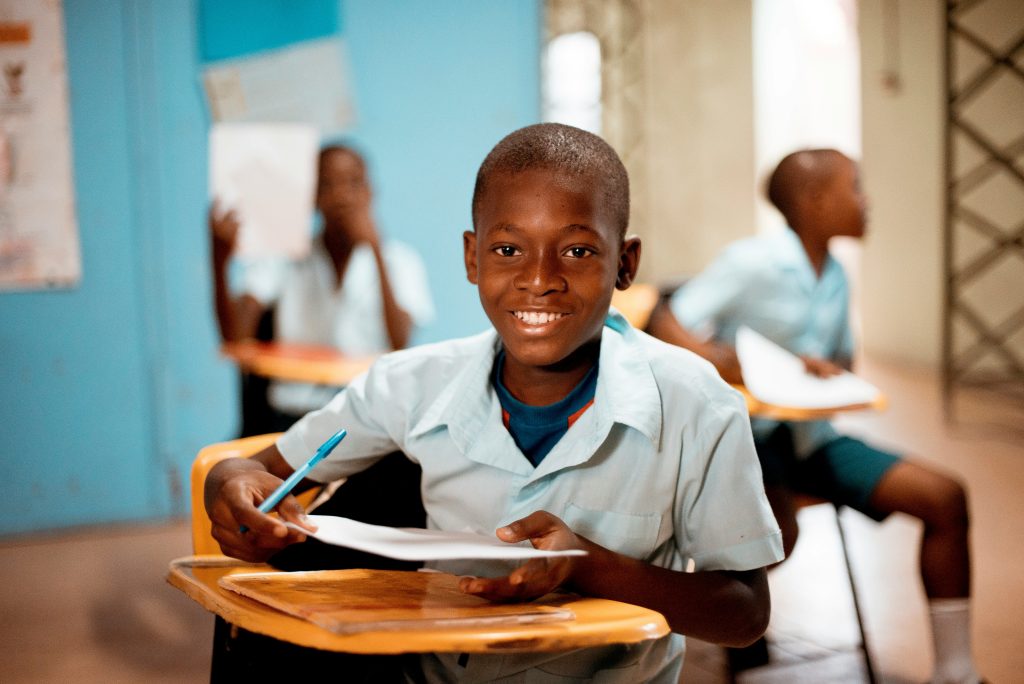In parts of rural Eastern and Northern Uganda, children still gather under trees for lessons. Classrooms, if they exist at all, are often overcrowded or in crumbling buildings. In many communities, there is simply no safe place to learn.
NEXIM International Development Organization (NIDO) was created to change that. An international social enterprise, NIDO works with local communities to build and furnish schools in under-resourced areas, starting with projects at Cambridge Secondary School in Uganda.
The organisation began its non-profit building work in partnership with Cambridge Secondary School, where it has constructed a library, a computer lab, and a boys’ dormitory. It has also supported the introduction of sustainable energy technology.
NIDO is now seeking investment to finance the construction of primary schools in Katakwi district, Eastern Uganda, and Amuria district, Northern Uganda, as well as to expand a scholarship fund for exceptional students at Cambridge Secondary School.
The Challenge
The Republic of Uganda, known as “The Pearl of Africa,” is a landlocked East African nation bordered by Kenya, South Sudan, the Democratic Republic of the Congo, Rwanda, and Tanzania. Its southern region includes a large portion of Lake Victoria. Uganda gained independence from Britain on 9 October 1962.
Despite significant progress in recent years, the north and northeast of the country continue to face serious challenges. A 20-year civil war between the Lord’s Resistance Army and the Ugandan Army left the region lagging in key indicators: GDP, literacy, and life expectancy. In some areas, literacy rates are as low as 25 per cent.
The Ugandan government’s Universal Primary Education and Universal Secondary Education programmes have increased enrolment, but physical infrastructure is often missing. Many students still learn outside or in unsafe conditions, making it difficult to provide consistent, quality education.
Education as a Foundation
NIDO’s work is rooted in a framework called the Four E’s: Education, Environment, Gender Equality, and Economic Sustainability. Education is the first priority — ensuring that children and young people have safe, fully equipped classrooms and access to resources such as libraries and computer labs.
By building permanent, well-furnished school facilities, NIDO helps create an environment where learning can take place year-round, regardless of weather or overcrowding.
Connecting Education and Conservation
NIDO’s projects also link education with environmental protection. One example is its work providing free schooling to the children of conservation officers who are tasked with protecting endangered wildlife and preventing poaching. This approach strengthens both education and conservation outcomes, supporting families who play a critical role in safeguarding Uganda’s natural heritage.
Scholarships and Skills
NIDO also invests in students directly through bursaries and grants. These include scholarships for girls pursuing secondary education and vocational training scholarships for marginalised youth.
These programmes aim to break cycles of poverty by equipping young people with skills and qualifications that enable them to contribute meaningfully to their communities.
Building for the Future
The construction of new primary schools in Katakwi and Amuria is NIDO’s next major goal. These districts are among the areas most affected by past conflict and ongoing economic hardship. The planned schools will serve children who currently have no access to safe, permanent classrooms.
To support these projects, NIDO is seeking funding and partnerships with individuals, businesses, and organisations that share its commitment to education, sustainability, and equality.
For more information about NIDO’s work and upcoming projects, visit https://nidocommunity.com/ or watch their short film at https://youtu.be/y7quzu0knlk.



